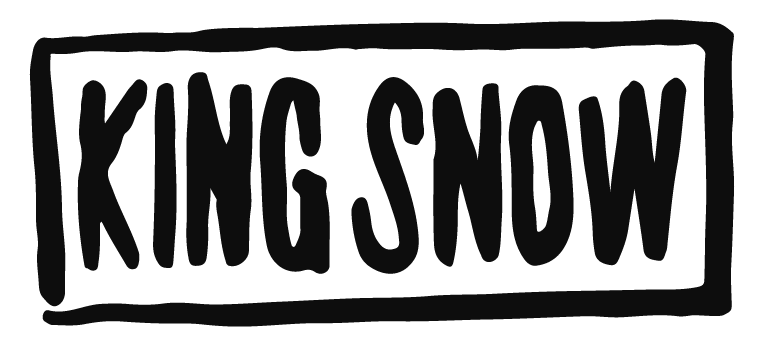DARRAH REID ON THE IMPORTANCE AND MAINTENANCE OF MENTAL HEALTH
I don’t consider myself an expert on mental health by any means. I also don’t want to undermine anyone’s experience by accidentally stating something insensitive. Dealing with mental illness is complicated and hard and different for everyone. My own experience has shifted and evolved over the years. One of the most difficult phases was a period of time that was completely void of motivation, drive, and enthusiasm. A complete lack of emotions, good or bad. An overwhelming feeling of nothingness and apathy. It’s difficult to describe, but kind of like there was a powerful force inside me that rendered me unable to move or do anything at all. Experiencing characteristics so unlike my usual state are how I’ve come to learn that mental illness and the person it attacks are two separate, shifting entities. I think a fear of going back there is what motivates me to stay on top of things. I still struggle, but I now have strategies and habits that seem to help. ––Darrah Reid-McLean

- First, I figured out what I needed to incorporate into my life to feel better. For example, I need to start my day with some form of exercise or movement, no matter how I feel. This took me a long time to integrate, and I’m still navigating how to do it in a flexible way, but I really try to make it happen. For others, it doesn’t have to be exercise, but figuring out what you need and being diligent in creating a habit of starting the day with it can be really helpful.
- Seek professional help and really advocate for yourself. I think everyone can benefit from talking to someone professionally from time-to-time. Unfortunately, resources can be limited, especially in small mountain towns, and on small mountain town budgets. There are options out there, though. You just have to ask, and keep asking. For example, some therapists work on a sliding income scale and many towns have free counselling services. It just takes some research and patience because wait times can be long, but it’s worth it.
- Have a strong support system, if possible. Humans need interaction and we crave connection. Reaching out can be very valuable. If talking doesn’t feel possible (or even if it does), try journaling. I find it so helpful to get my thoughts out of my head. Putting them anywhere other than swirling around in my brain makes me feel so much better.
- At the risk of sounding cliche, breathwork and meditation were game-changers for me. Taking a few minutes to just focus on the breath has had a huge impact on my mood and attitude. As for meditation, I’m still very new to it. But, it makes me feel calmer, more capable of being in the present moment, and more able to take on whatever bullshit the day throws at me. There are lots of guided meditation videos and apps these days. I started by setting a timer, closing my eyes, and slowly inhaling to the count of 5 and exhaling to the count of 5.
- Be gentle and forgiving to yourself. Nothing changes overnight. Catastrophizing situations is one of my favourite pastimes, but the number one thing I like to remind myself is: it gets better. I promise it does. Then, it gets worse. Then, way better again. Then worse, then better. Life ebbs and flows. The biggest thing that helps me on my bad days is knowing that I’ve had terrible days before and they’ve been followed by good days, eventually.
I acknowledge that I’m coming from a place of extreme privilege and that there are so many barriers I haven’t had to face in dealing with mental health. I also know that all of this is so much easier to suggest than actually do. I believe that wellness and happiness is available to anyone, though. Some just have to work harder to access it, and it’s not always easy. It took me years to figure out what works, and it’s a never-ending process. If you’re really struggling, please, please reach out to someone. If anyone ever needs to talk, I love to listen!

